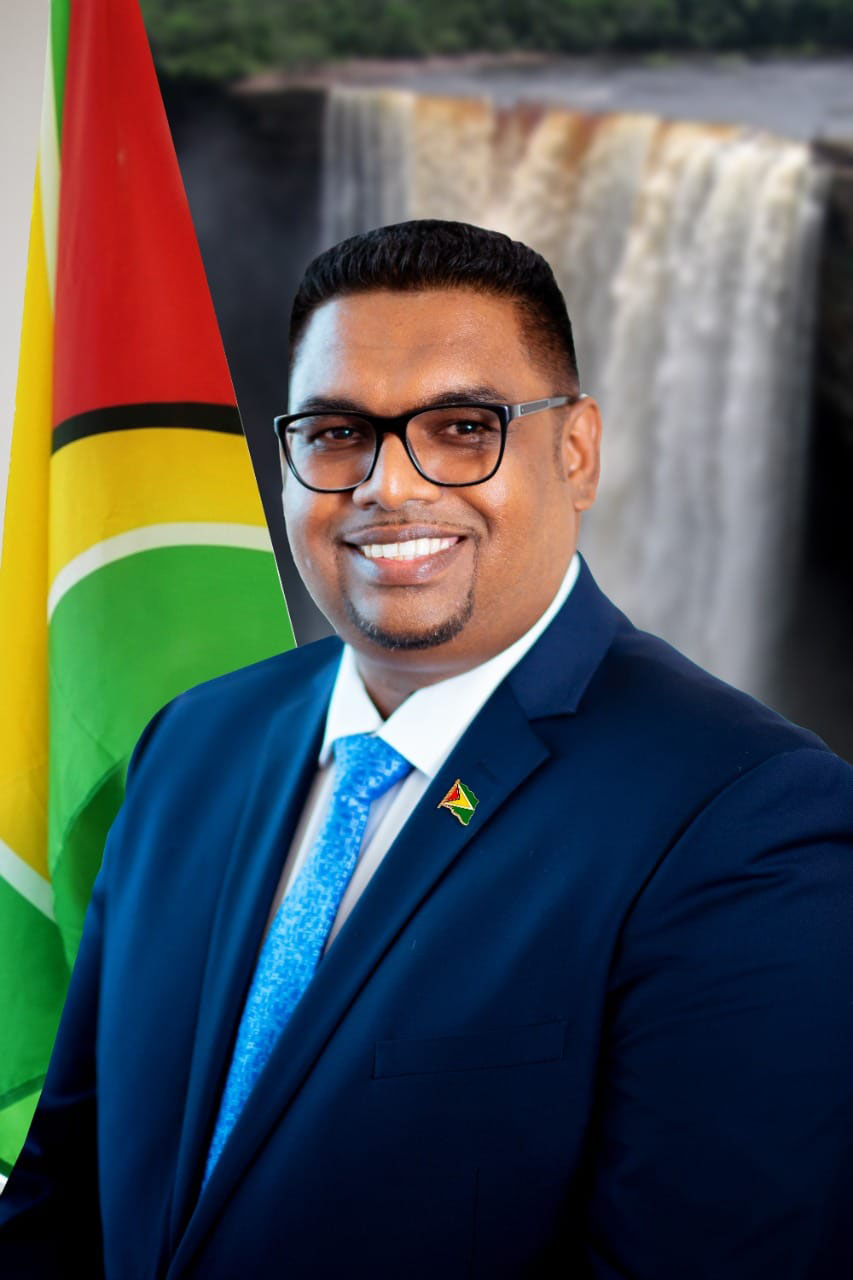With Guyana now in an era of rapid transformation, President Irfaan Ali says there is need for capacity to properly manage urban change at all levels of planning and governance.
“As countries all grapple with planning and managing their urban environments, it must be acknowledged that those efforts may not be well sustained over the long term or maybe doomed to failure without requisite technical and professional capacity,” Ali told the Caribbean Urban Forum (CUF) 2021, which opened on Wednesday.
The CUF, hosted by the University of Guyana (UG), is being held under the theme Urbanization: Processes, Policy and Emerging Challenges.
The forum aims to confront the issue of urbanisation in the Caribbean context and to critically examine the range of policy responses to this phenomenon.
Delivering the keynote address, Ali said urbanization remains a “significant” challenge in the Caribbean.
“…Available statistics confirmed that the degree of urbanization measured by the percent of the population in urban places increased continuously from 78.82 percent in 2011 to 80.87 percent in 2019,” he said.
He added that even Guyana, which recorded a continuous reduction in the ratio of the urban population to total population from 29.4 percent in 1992 to 26.4 percent in 2011, has seen a reversal of this positive trend since 2015.
According to Ali, Guyana has been successful in addressing urbanisation. “The available statistics show that between 1992 and 2011, the degree of urbanisation reduced continuously,” he pointed out.
He credited this success to government-led efforts to embark on an “ambitious” housing programme where over 100,000 houselots were distributed and several housing schemes were developed.
“Each housing scheme was outfitted with socio-economic infrastructure to anchor its beneficiaries….The housing programme was rooted in an organic national development strategy that was aimed at one, expanding the housing supply, two, ensuring that housing was more affordable, [and] three, improving access to housing for low income families,” Ali explained.
Ali noted that improving access for housing to low income families includes access to financing for housing for low income families. “…And this is an important part of transformation. This is an important part of linking urbanisation and improvement in living conditions with health outcomes,” he said.
Ali further noted that the CUF is taking place at a time when Guyana is experiencing a new wave of socio-economic change that will transform the country’s physical setting including its urban landscape.
As a result, he said that urban planning must be viewed as a means to balance development with other socio-environmental objectives in a manner where everyone’s interest is considered.
For this to happen, Ali stressed the need for visionary and transformational leadership. “The need for visionary and transformational leadership is critical at this point. This urban transformation that we are all enthusiastic about does not happen independently, it requires visionary and transformational leadership,” he said.
“…That is what the government under my leadership as president, is all about…That is what the governments of many of our Caribbean countries are pursuing…A new vision, a bold initiative and transformational thinking,” Ali added.
He said his government’s comprehensive national housing strategy seeks to effectively address issues of housing provision and informal urban settlement, inclusive of a policy position of zero tolerance for informal settlements in a vulnerable urban areas.
Ali said his government’s vision for urban transformation in Guyana includes a modernised city with a vibrant waterfront, transformation of depressed rural areas into new urban growth centres, development of hinterland urban centres and improved infrastructure in newly emerging urban settlement roads.
He also emphasised his government’s commitment to developing suitable urban development policies, which will influence key considerations when undertaking planning and expansion to foster better urban resilience in an era of rapid change and transformation of urban areas.
Ali applauded the organisers of CUF 2021 for their presentation of a ‘comprehensive’ agenda that includes consideration for sustainable organisation.
“This is a development consideration, I deem relevant to all Caribbean countries grappling with the combined need to facilitate new forms of urban development and at the same time combating major challenges such as climate change,” he said.
Meanwhile, during her remarks, UG Vice Chancellor Professor Paloma Mohamed-Martin described the theme of the forum as “timely” and “apt”.
“It comes at a time when the world and most especially the Caribbean is likely to continue to face a period of continuous hyper disruptions for years to come,” she said.
The co-hosts of the CUF includes the Caribbean Network for Urban and Land Management (CNULM), based at the University of the West Indies, Trinidad and Tobago; the Central Housing and Planning Authority (CH&PA); the Guyana Planning Association; and other national, regional and international organisations.











